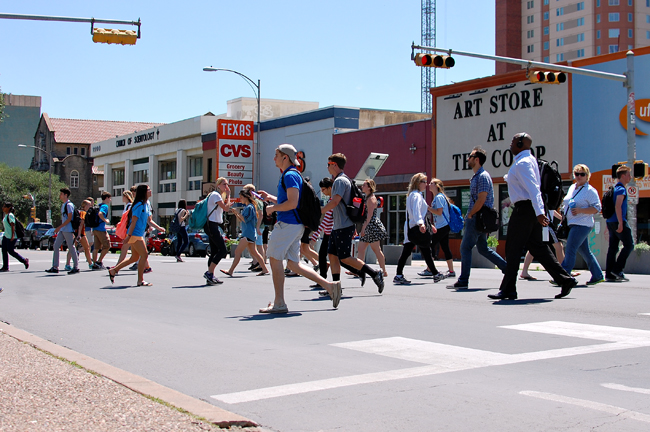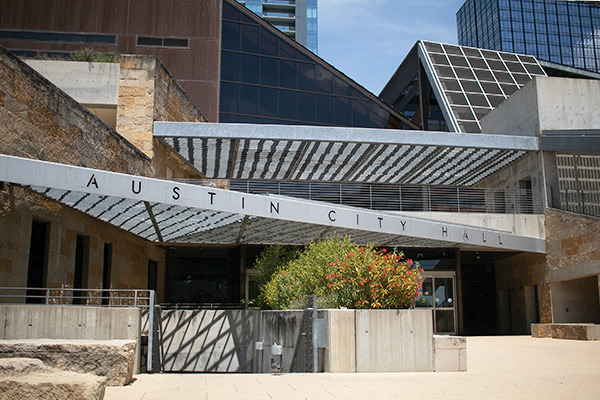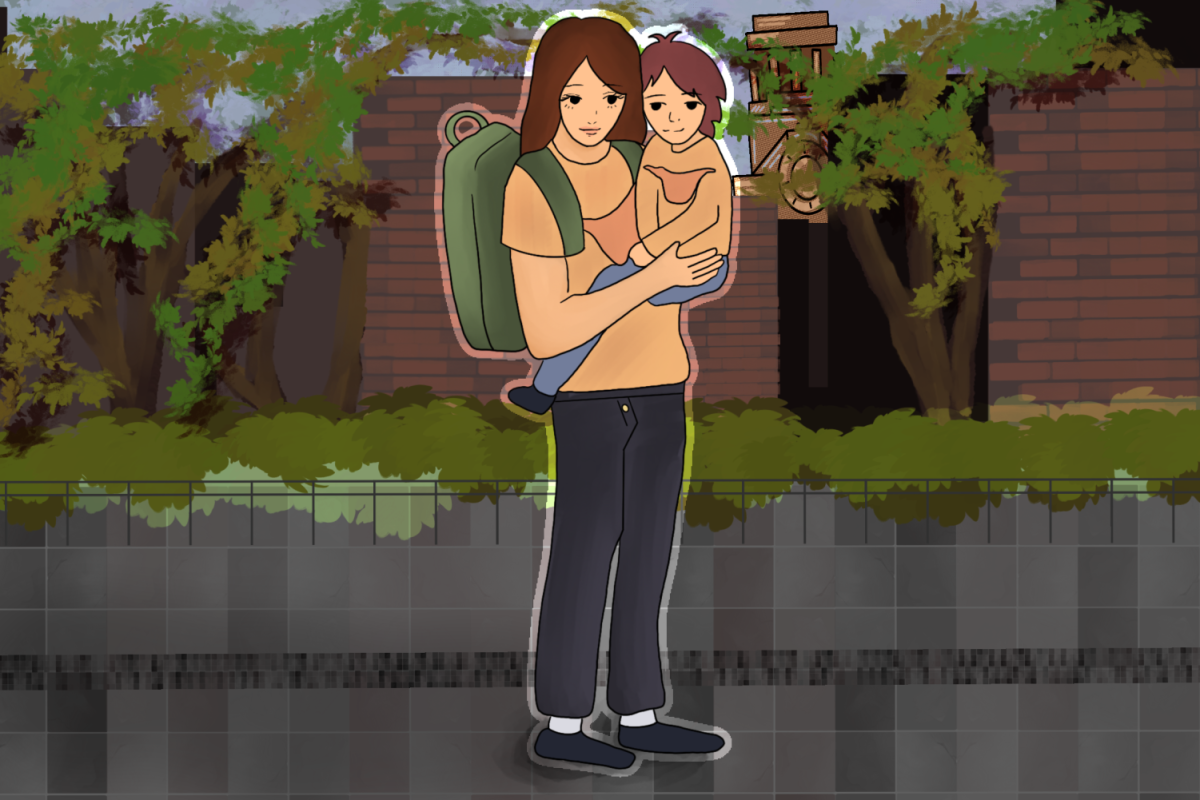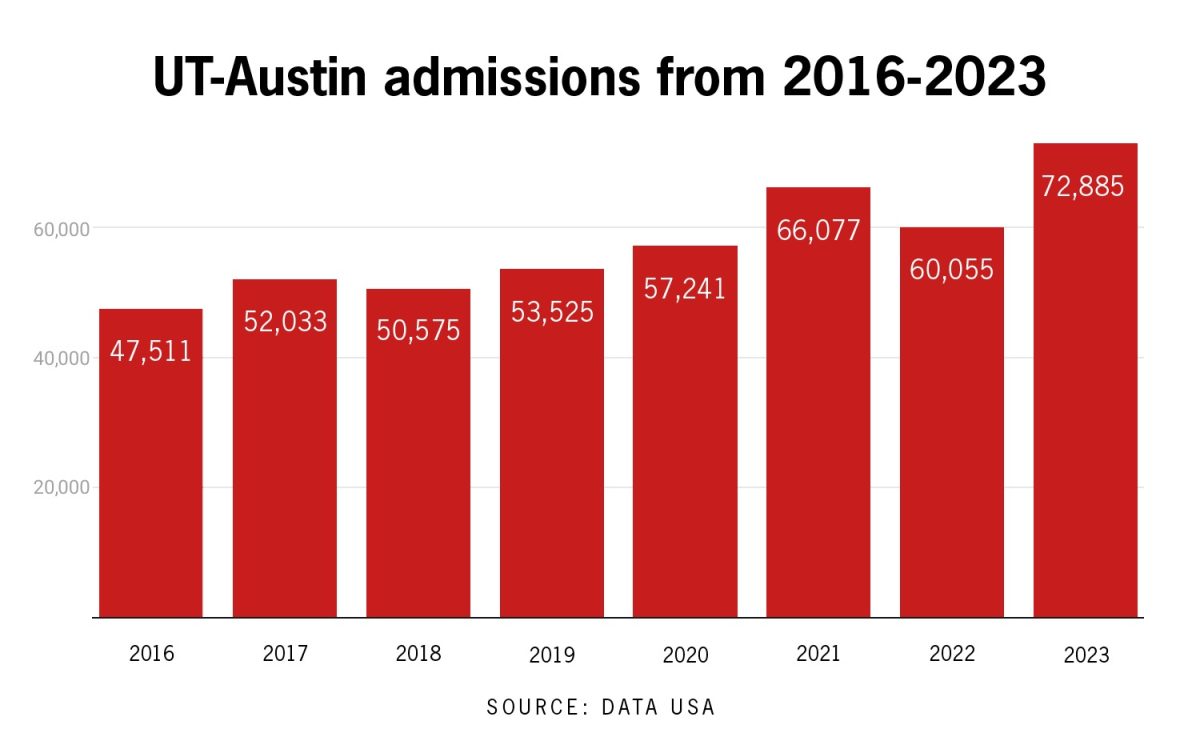The U.S. Department of Housing and Urban Development, or HUD, is awarding $5.2 million to the Austin-based Ending Community Homelessness Coalition, as part of an ongoing effort to end youth homelessness in Austin.
According to a press release from the mayor’s office, the $5.2 million is a portion of a grant totaling $33 million being divided among 10 communities. Some possible uses for the funding include investing in new forms of housing and creating an emergency shelter specifically for youth.
ECHO Executive Director Ann Howard said this grant comes at an important time for Austin.
“It’s a tsunami of opportunity,” Howard said. “This grant is symbolic of the time we’re in, this critical juncture where Austin must scale up resources to address and end homelessness.”
Jason Stanford, communications director for the mayor’s office, said the University area will likely be a special focus of this project. Howard could not confirm any specific plans for the grant yet, but she said the Guadalupe Street area is an attractive place for young homeless people, and there will definitely be an outreach presence there.
Catherine Favour, who describes herself as a traveler or “hoptrain,” said homeless youth need a safe place in the city.
“[A youth shelter] would be a great idea,” Favour said. “The youth tend to do more drugs, so if there was a shelter that was dedicated to the youth, it would at least keep them contained and make sure they’re not actually killing themselves on the street.”
Stanford said that while homelessness is a problem in many cities across the country, Austin’s unique approach to problem-solving won the city the grant.
“Austin is just better at finding new ways to solve these problems,” Stanford said. “That’s why [this grant] is here. It’s not because things are especially bad here, it’s because we’re especially good at dealing with these challenges.”
ECHO recently completed a 100-day challenge to house homeless youth with LifeWorks, an advocacy organization dedicated to helping individuals reach self-sufficiency. During the 100-day challenge, Howard said her organization worked rapidly to achieve results, which they will now analyze to determine how to utilize the grant money.
Howard, a UT alumna, said by doing the 100-day challenge, her organization showed HUD it has the team and the desire to tackle this issue.
“We had some proof that we were organizing and had put together a structure to build on,” Howard said. “We’re now not starting at zero.”
Niki Paul, director of operations for ECHO, said the 100-day challenge was an excellent experience that they can build their future plans on.
“[The 100-day challenge] really helped propel us to build out what we hope to be this beautiful, coordinated system to prevent and end youth
experiencing homelessness,” Paul said.
Howard said solving the issue of youth homelessness is an important and rewarding task.
“Collaboration across the community is the way to make change in the community,” Howard said. “These young people have their whole lives in front of them, so it is very exciting to help to give a [young person] a second chance at starting over, at stabilizing.”


















